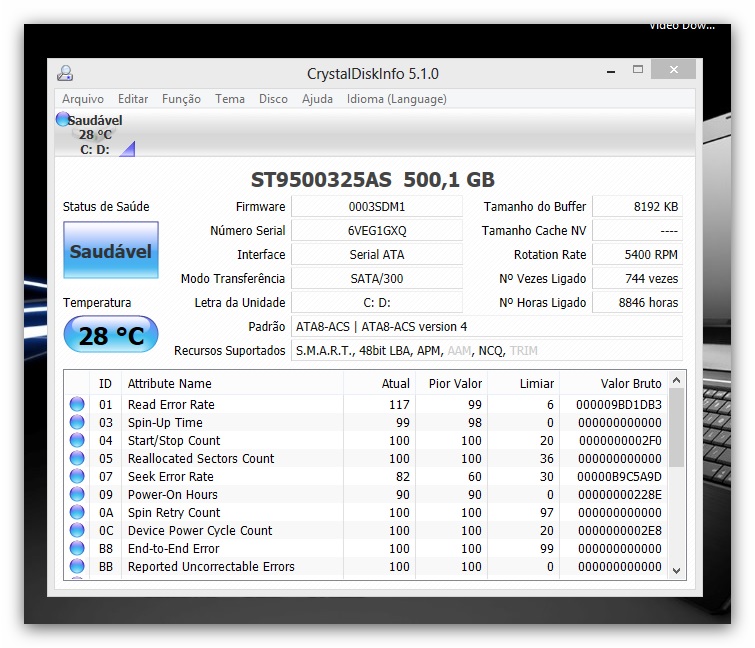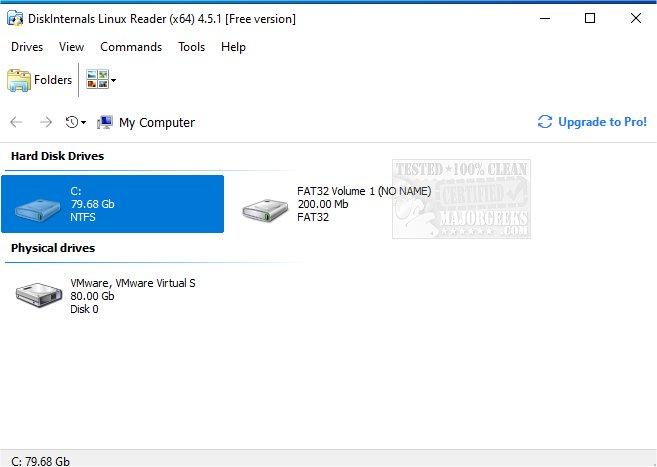

Unstable branch: Its code name is “sid” in which packages are allowed without a full check of the distribution. It has packages that are newer than those in stable but older than those in unstable. Although the packages in this branch have been evaluated for instability, they may not yet be ready for release. Testing branch: It is the experimental branch which will lead to the next major release. Stable is created by putting Testing on hold for a few months while issues are resolved and packages with too many bugs are deleted, and then releasing the resulting system as stable. Stable branch: It’s the current release and aim towards software that needs to be well-tested and stable. Three branches of Debian System which are maintained daily: Ubuntu Linux, which is widely used, is based on the Debian project. The Debian project had produced lots of new popular Linux distributions. For all releases, the Debian project uses the same numbering scheme and code name. The Debian experimental release is a beta version of the release. The earlier version is the old Stable release. Every two years, the operating system’s stable version is released. The operating system’s first version (0.01) was released in September 1993 and the first stable version was released in June 1996 and the current Debian stable version is Debian 11(Bullseye). In August 1993 an American software engineer Ian Murdock founded the Debian project. Debian Linux also has a number of handy features that are suited for both novice and experienced users. Because of its wide community support, massive package repositories, and free project management style, the Debian project stands out among other Linux projects. Debian derivatives are an example of a modern and popular Linux operating system. Ubuntu, a prominent Linux operating system evolved from the Debian project. The Debian Linux project is a community-driven initiative that adheres to the Open Source Software principles.


The launch of the user-friendly Linux Systems took a change in the history of Linux systems and even home users started to install them. To reduce the financial burden of commercial software, several developing countries have embraced the Linux operating system for education and e-government. At the end of the 1990s, the Linux Operating System gained popularity among computer users.


 0 kommentar(er)
0 kommentar(er)
